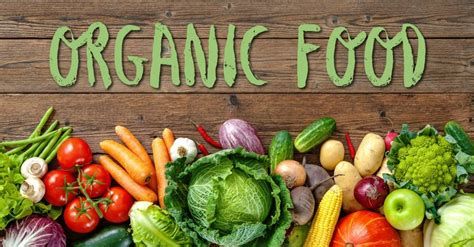
I’ve been growing and then selling organic fruit and veg for a long time, and I’m really pleased it’s getting more popular. I hope you enjoy the following blog post, it’s written by a young man called Georges Almond who has a passion for organic growing.
Apples in Southeast Asia are so coated in pesticides, that if you eat the skin you will become very sick. Sometimes it's good to look at extreme examples to better contextualise moderation. The poison may be in the dose, but how carefully are we moderating our dosage of pesticides? The amount of pesticides used has halved in weight since 1990, but land coverage and toxicity have increased considerably. Modern neonicotinoids, bane of bee and human alike, are ten thousand times more toxic than DDT. If it poisons the bugs, it’s probably poisoning us, too.
But with organic veg, you can dine with peace of mind. To earn the organic label, farmers are restricted to spraying their crops with nothing stronger than the likes of citronella and clove oil. In organic agriculture, a greater emphasis is placed on the introduction of predatory insects (ladybirds to hunt aphids) and the tactical placement and rotation of crops in order to reduce the effects of weeds and pesky critters nibbling at your lettuce, whilst accepting that any attempt to completely eradicate them is foolish and unnecessarily destructive.
As a result of being kinder to the ecosystem, organic produce is also kinder to your body. Soil depletion due to over-intensive chemical agriculture means the average non-organic carrot is much less nutritious nowadays than it would have been just decades ago, with significantly reduced levels of magnesium, zinc and vitamin E. Organic farmers rehabilitate their environment by switching out chemical fertilisers for compost (among other measures). Healthier soil means healthier customers.
Much has been made of claims that organic agriculture would, if scaled up to meet the needs of every household in the UK, produce more CO2 than the current system. The current system of chemical-intensive agriculture can, admittedly, produce more food to a more predictable schedule, increasing energy-efficiency and making us less dependent on overseas imports. But this is only one small part of the whole story. The aforementioned study worked off a prediction of a 100% shift to organic, catering to current demand for vegetables. Cultural trends towards eating seasonally available produce and reducing waste are only just beginning, and as organic market share increases, improvements to efficiency are inevitable. Added to this, a highly efficient agricultural system which depletes the nutrients of the soil is only going to lead to soil degradation and desertification faster than a less efficient one. If we are headed over a cliff-edge, why would we want to go faster?
Finally, the cultural and psychological benefits of a strong organic food industry are immeasurable. Chemical-intensive agriculture is borne of a reductive and mechanistic mindset which reduces the relationship of humanity to nature to one of extraction and domination. Organic agriculture is a positive step towards understanding the complexity of nature and working with its already existing systems to create a more harmonious co-existence and ensure the continued thriving of both parties. I think that’s worth supporting.
